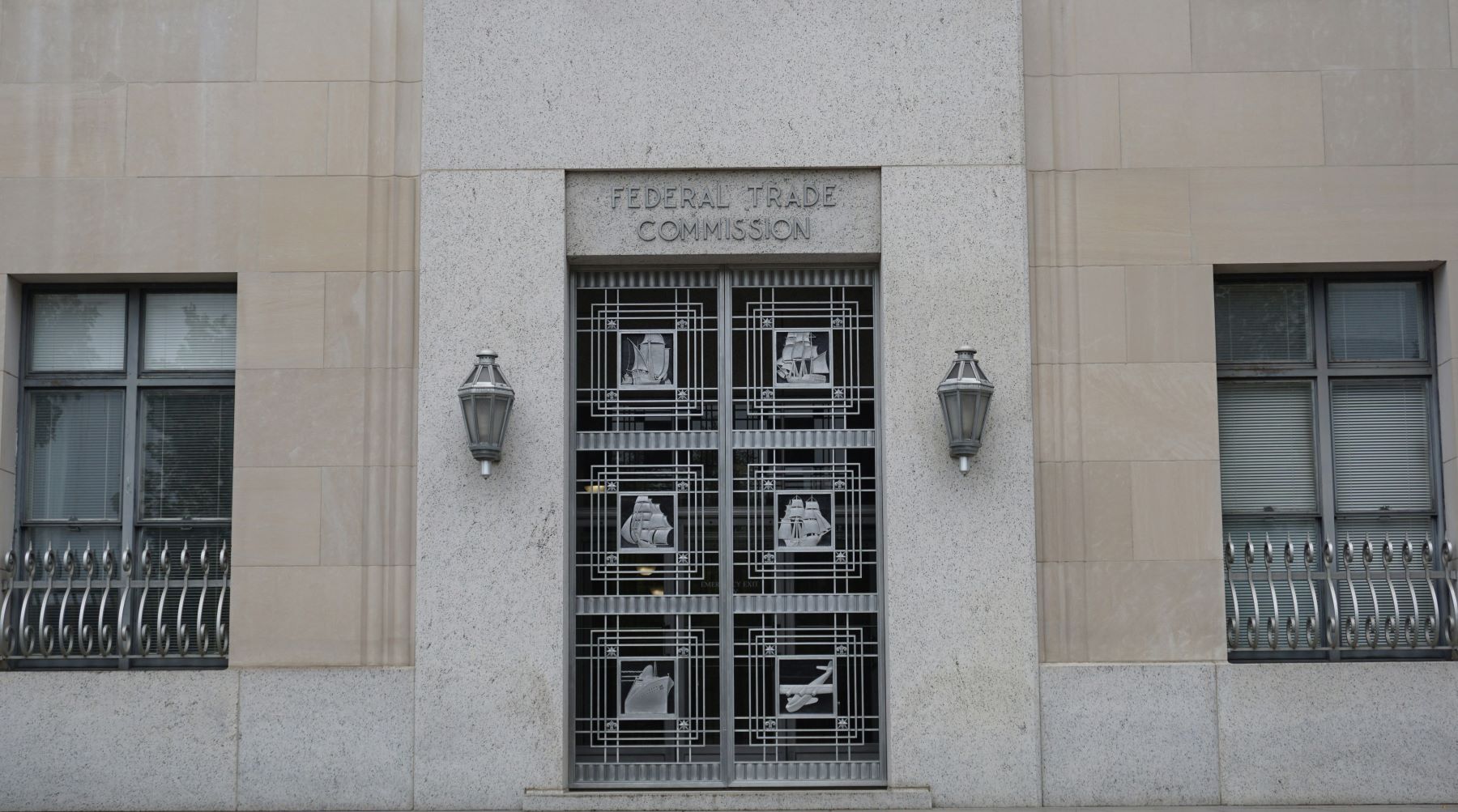
By Taylor T. Dolan, Esq. and J. Scott Shannon, Esq.
Lee/Shoemaker PLLC
In the wake of state-specific bans on non-compete agreements, the Federal Trade Commission (“FTC”) recently issued a final rule (“Final Rule”) prohibiting all U.S. for-profit employers from (1) entering into non-compete agreements with employees or independent contractors and (2) enforcing existing non-competes, with very limited exceptions. While legal challenges questioning the enforceability and constitutionality of the Final Rule have already commenced, design firms should gain an understanding of, and prepare to comply with, the Final Rule’s prohibitions.
FTC’s Final Rule
On April 23, 2024, FTC Commissioners decided non-compete agreements constitute an unfair method of competition under Section 5 of the Federal Trade Commission Act, which prohibits “unfair or deceptive acts or practices in or affecting commerce.” (15 U.S. Code § 45) In a 3-2 vote, FTC Commissioners adopted and issued the Final Rule, which will become effective 120 days after publication to the Federal Register. Should the Final Rule take effect, non-competes will largely be a thing of the past in the U.S. The FTC Final Rule is scheduled for publication in the Federal Register on May 7, 2024, making the anticipated effective date September 4, 2024.
The Final Rule is a comprehensive ban on all non-competes between employers and employees/independent contractors, prohibiting all new non-compete arrangements as of the effective date, regardless of an employee’s position or compensation. The Final Rule also prohibits employers from enforcing any existing non-compete, subject to a few specific exceptions discussed below.
The Final Rule defines a “non-compete clause” as “a term or condition of employment that prohibits a worker from, penalizes a worker for, or functions to prevent a worker from (1) seeking or accepting work in the United States with a different person where such work would begin after the conclusion of the employment that includes the term or condition; or (2) operating a business in the United States after the conclusion of the employment that includes the term or condition.” (Fed. Trade Comm’n, 16 C.F.R. Part 910, Non-Compete Clause Rule (Apr. 23, 2024) (“Final Rule”)) Non-compete agreements, in which an employee agrees not to compete with a company post-employment, are different from non-solicitation clauses, which prevent an employee from soliciting a company’s clients and/or employees. The Final Rule focuses solely on non-competes, meaning all previously enforceable non-solicitation agreements may still be used and enforced by employers. Should the Final Rule take effect, carefully drafted non-solicitation agreements will become an employer’s primary protection against post-employment competition by former employees.
Exceptions and Exclusions
There are three key exceptions and/or exclusions from the Final Rule: (1) existing non-competes with certain senior executives, (2) non-competes executed as part of a sale of a business, and (3) causes of action related to non-compete clauses initiated prior to the Final Rule’s effective date.
While the Final Rule will terminate all non-competes currently in effect, the FTC made an exception for defined “senior executives” who entered into non-competes prior to the Final Rule’s effective date, projected to be September 4, 2024. The FTC defines “senior executives” as persons who (1) were in a policy-making position and (2) received total annual compensation of at least $151,164 in the preceding year. (Final Rule § 910.1.) A “policy-making position” is defined as “a business entity’s president, chief executive officer or the equivalent, any other officer of a business entity who has policy-making authority, or any other natural person who has policy-making authority for the business entity similar to an officer with policy-making authority.”(Final Rule § 910.1.) Until the Final Rule becomes effective, design firms are free to enter into non-compete agreements with senior executives which, if valid and enforceable under existing state law, should be enforceable and unaffected by the Final Rule.
Another key exception allows for non-competes entered into by a person in the context of a “bona fide sale of a business entity, of the person’s ownership interest in a business entity, or of all or substantially all of a business entity’s operating assets.” (Final Rule § 910.3(a)) This exception applies to individuals executing non-competes in connection with a sale of ownership regardless of that individual’s ownership percentage in the business. Last, the Final Rule does not apply “where a cause of action related to a non-compete clause accrued prior to the effective date,” and will not impact the enforceability of non-competes which are the subject of legal proceedings initiated prior to the Final Rule’s effective date. (Final Rule § 910.3(b))
Planning Ahead
Design firms with non-compete provisions (whether included in an employment manual and therefore applicable to all employees, or in employment agreements with certain individuals who do not qualify as “senior executives”) should monitor the Final Rule’s effective date and be prepared to send prior notice to all affected employees that such non-competes are no longer enforceable. Prudent design firms will also take inventory of all non-compete agreements and provisions to determine the impact the Final Rule will have if it is upheld by courts and takes effect.
Legal challenges to the Final Rule have already been filed by the U.S. Chamber of Commerce and, separately, Ryan, LLC, a global tax firm. Those lawsuits may result in court orders extending the effective date beyond September 4, 2024, however, this is an opportunity for design firms to review current employment manuals and/or employment agreements and, with legal guidance, either confirm or consider the inclusion of adequate and enforceable non-solicitation provisions and protection against disclosure of trade secrets and confidential information, which may soon be the only ways to limit the impact of post-employment competition by employees.
Taylor T. Dolan and J. Scott Shannon are attorneys at Lee/Shoemaker PLLC, a law firm devoted to the representation of design professionals in DC, Maryland, and Virginia. The content of this article was prepared to educate related to potential risks but is not intended to be a substitute for professional legal advice.
